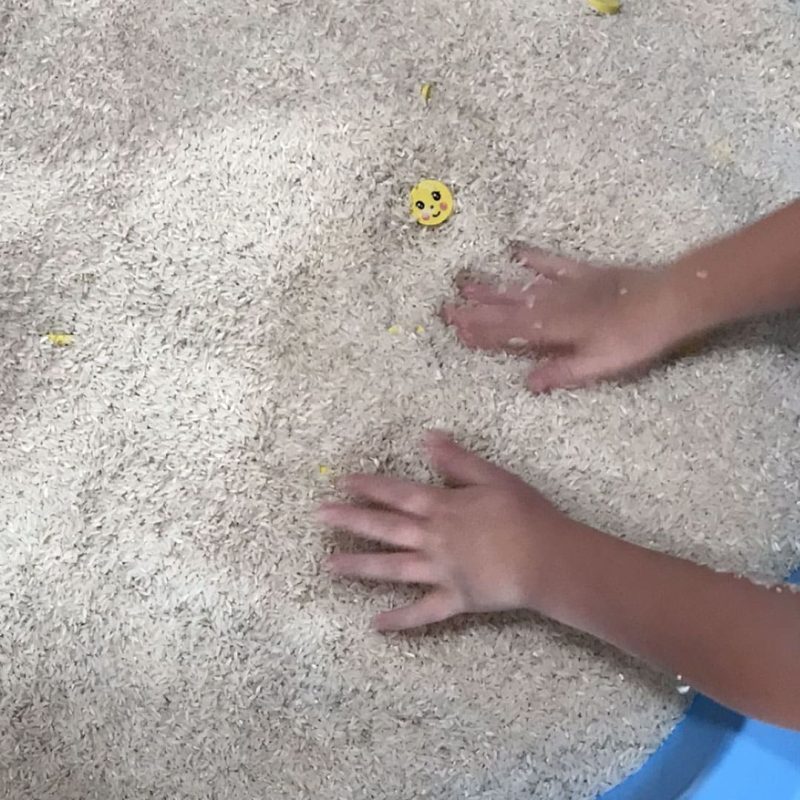
Also in this section:
Sharing your story with the media
Talking with the media can have great impact. While not everyone is at a place where they are ready to do this, if you would like to take the plunge there are a few things to keep in mind:
Making a complaint
National FASD trustees and staff held a meeting with senior people from Ofcom to discuss ways to ensure that the issues of alcohol in pregnancy are accurately portrayed in broadcast media. We were strongly encouraged to report any instances where things are not accurately portrayed and to encourage others to do the same. Below is a mini guide to the procedure.
Any complaint regarding a BBC programme should first be pursued directly with the BBC. For other broadcasters and if the BBC has not adequately responded to a direct complaint to them, then contact Ofcom.
For shows not on the BBC, or if you have complained to the BBC and did not get a satisfactory response, it is critical to register your complaint with Ofcom as well. Their form is here.